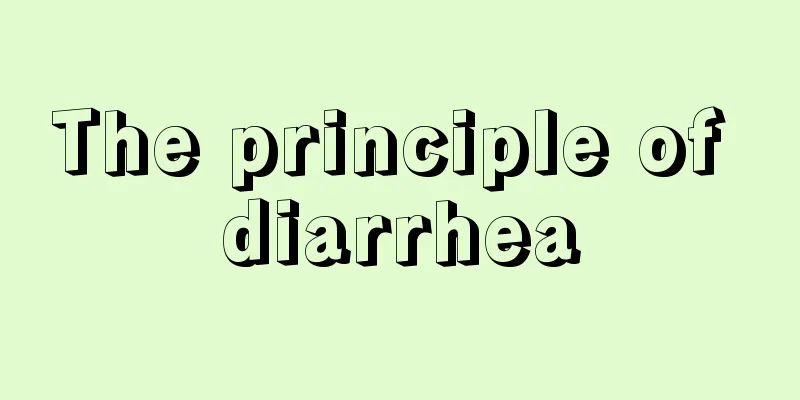What viruses and bacteria are ineffective when boiled in water?

|
High temperature can kill viruses and bacteria. Everyone knows this knowledge, but do you know that some viruses and bacteria cannot be killed even at high temperatures? High temperature can only kill most viruses and bacteria. So, what viruses and bacteria can’t be cured by boiling in water? Let’s take a look at it below. In life, if you encounter these viruses and bacteria, you must take other measures. The basic situation is as follows: 1. Both Thermus rubrum and Bacillus thermotolerant are resistant to high temperatures. 2. Many microorganisms cannot be killed by boiling water in a short period of time and it takes a little longer. 3. Some microorganisms are in a dormant state and are basically impossible to kill. It needs to be inactivated at 120 degrees for half an hour. Generally speaking, pathogenic Escherichia coli, Salmonella, Vibrio cholerae, etc., most of them will not die until they are exposed to high temperature of 100℃ for 1-3 minutes or heated at 80℃ for 10 minutes. Therefore, scalding bowls with boiling water before eating can only kill a very small number of microorganisms. Boiling, circulating steam or using infrared disinfection cabinets are effective methods. Of course, boiling the bowl with water can at least wash away the dust or oil stains in the bowl, which is also acceptable. The difference between living bacteria and viruses 1. Morphology Bacteria are much larger than viruses. The size of bacteria is usually measured in micrometers, while the size of viruses is measured in nanometers. The external shapes of bacteria are mostly spherical, rod-shaped, or spiral-shaped, and they are therefore named cocci, bacilli, and spirochetes. Viruses have a polyhedral structure. In order to achieve the best stable structure and the best specific surface area, viruses are mostly dodecahedrons. 2. Structure Although bacteria do not have a nucleus but only a similar nucleoid structure, they still have a certain cell structure, namely cell wall, cell membrane, and cytoplasm. Furthermore, based on the differences in bacterial cell wall structure and composition, the Gram staining mechanism was developed to divide bacteria into Gram-negative bacteria and Gram-positive bacteria. Viruses do not have the cell structure described above. They are composed of genetic material wrapped in a nucleocapsid. 3. Survival and reproduction Bacteria can be divided into autotrophic and heterotrophic according to their way of survival. That is, some bacteria can survive through photosynthesis (such as some cyanobacteria) or by converting inorganic matter into chemoenergy of organic matter (such as some sulfur bacteria); other bacteria, like humans, cannot synthesize organic matter for their own growth and reproduction and must obtain nutrients from the outside world to feed themselves. Viruses are not as capable as bacteria. They can only survive by parasitizing in the host. Of course, this does not mean that viruses cannot leave the host at all. They can temporarily leave the host and stay in the form of dormant bodies in an environment that is very "harsh" for them. |
<<: What are the benefits and harms of bacteria
Recommend
How to check if you have small cell lung cancer
How to check if you have small cell lung cancer? ...
Is there anything wrong with dyeing your hair
There are many disadvantages of hair dyeing. It w...
What to do if your tongue is burned and what to eat
Sometimes if you eat too fast or the food is too ...
Liver cancer examination items
Liver cancer screening items Liver cancer examina...
Right mandibular pain
There are many causes of right mandibular pain. I...
Gas water heater installation
General household water heaters are divided into ...
A magic recipe that cures all minor illnesses
A very old miraculous prescription that cures all...
People who sleep with their phones are more likely to develop brain tumors
Mobile phones are one of the indispensable tools ...
What is the relationship between urine color and gynecological diseases
Life is inseparable from "eating, drinking, ...
What's wrong with the small pustules on the face and neck?
A colleague of mine had a lot of small pustules o...
How to improve wrist strength
The strength of the wrist is also very important....
What is the best and fastest way to remove acne scars?
In the era of high-speed development, people pay ...
What is the treatment for joint cysts
You may be unfamiliar with joint cysts, but I bel...
How to detect early lung cancer? Do these four tests
For a disease like lung cancer, the earlier the t...
Experts explain how to diagnose lung cancer early
Lung cancer is a malignant tumor of the respirato...









